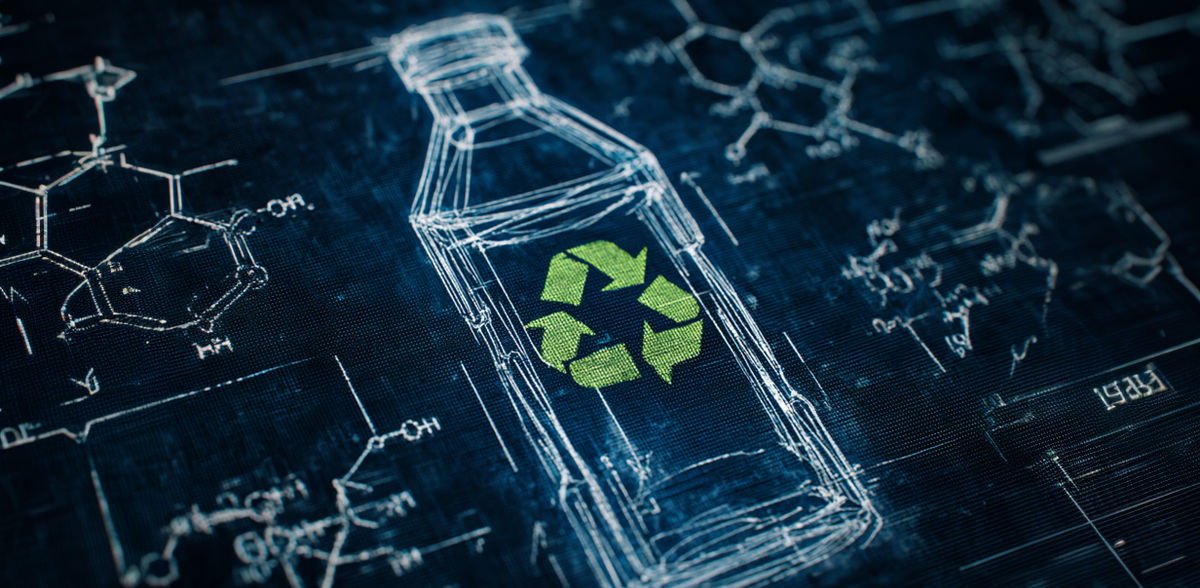Blueprint for Sustainable Plastics Developed
“Our findings are laying the foundation for the development of new, sustainable materials that can be broken down in a controlled manner”
Advertisement
An international research team led by the University of Bayreuth has, for the first time, demonstrated which „building blocks“ are suitable for precise plastic production involving sulphur atoms. These sulphur-containing plastics can be broken down more easily than conventional plastics, potentially paving the way for new recycling methods. The researchers have published their findings in the journal Angewandte Chemie International Edition.
Sulphur atoms enhance the sustainability of polymers because the bonds between carbon and sulphur atoms are easier to break than the bonds between carbon and other carbon or oxygen atoms. This allows sulphur-containing plastics to degrade under relatively mild conditions. However, strategies for synthesising these plastics are still underdeveloped, which hinders large-scale production. A first step towards mass production has now been taken: an international research team, including members from Martin Luther University Halle-Wittenberg, Texas A&M University, and the University of Bayreuth, has developed a method to test and compare various sulphur-containing building blocks for their suitability in plastic production.
“With our study, we were able to establish a predictive rule that indicates which sulphur-based building blocks yield perfectly structured and clean polymers – and which do not,” says Prof. Dr. Alex J. Plajer, Junior Professor of Macromolecular Chemistry at the University of Bayreuth. Until now, the building blocks and reaction conditions used to produce these sulphur-containing plastics had to be specifically tailored and optimised for each combination of components. “There was no blueprint for producing sustainable plastics with sulphur under standardised conditions,” Plajer explains.
Using their new method, the researchers identified carbonyl sulphide as a particularly suitable sulphur-based building block for plastic production. Carbonyl sulphide reacts very reliably, forming long, uniformly structured polymer chains – and it does so with minimal use of a catalyst to facilitate the chemical reaction. Additionally, the reaction produces very few unwanted by-products.
“Our findings are laying the foundation for the development of new, sustainable materials that can be broken down in a controlled manner,” Plajer concludes.
The study was funded by the German Chemical Industry Association, the Daimler and Benz Foundation, the German Research Foundation (Project No. 542928411), and the Robert A. Welch Foundation.
Original publication
Bhargav R. Manjunatha, Mani Sengoden, Merlin R. Stühler, Robert Langer, Donald J. Darensbourg, Alex J. Plajer; "Monomer‐Dependent Selectivity in Sulfur‐Containing Ring‐Opening Copolymerisation: Bimetallic Catalysis for Predictive Design of Degradable Polymers"; Angewandte Chemie International Edition, 2025-8-26


































































